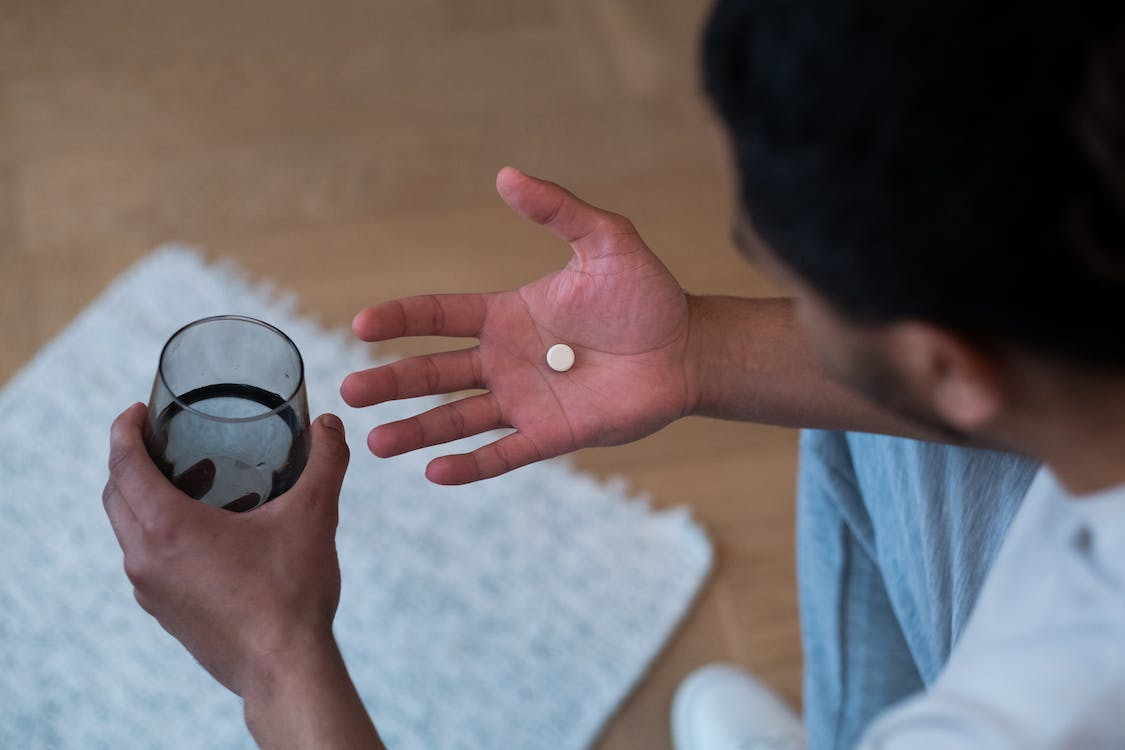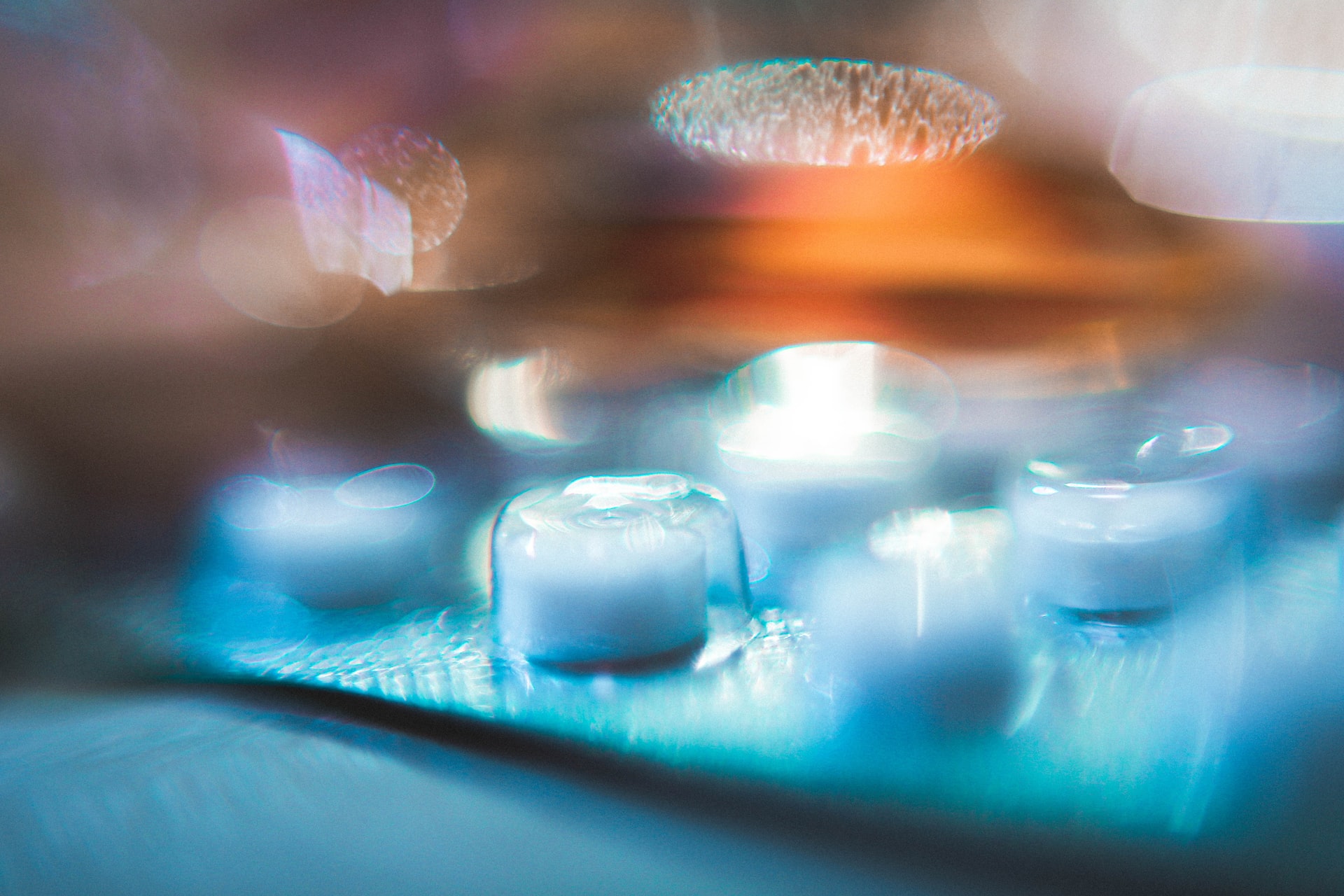Antidepressant therapy may be a frightening, unsure, and questionable process to begin. Educating yourself on the experience is essential before deciding which medication might be proper for you.
Also, knowing how antidepressants function may help you stay educated and maintain control over your health, even if you and your doctor have chosen the best treatment course for your depression. When using antidepressants, keep in mind the following nine things:
Prescription Refills and Monitoring
When you first receive a prescription for antidepressants, it’s essential to understand the commitment. Maintaining your mental health is continuing work that necessitates constant monitoring and refilling when necessary. Regular check-ins with your doctor are crucial to ensure the drug works and address any side effects or worries.
Many people find combining therapy and medication best for them as they navigate their depression. The key is consistency: having regular appointments with your doctor, taking antidepressants as prescribed, and continuing self-care practices like getting enough sleep. You can also get a Trazodone HCl Coupon to help offset the medication cost.
Side Effects of Antidepressants
It is critical to realize that antidepressants may cause various adverse effects, from minor to severe. The most typical indications and symptoms are headaches, nausea, drowsiness, and insomnia. Some possible sexual adverse effects include erectile problems and diminished sex drive.
Furthermore, some antidepressants may cause weight gain. Your doctor should discuss any anticipated side effects with you, so be sure to ask your physician which ones could occur.
It Takes Time to Work
When taking antidepressants, being patient and giving them a chance to work is essential. The medication often takes four to six weeks to begin working correctly, so you shouldn’t expect immediate results.
It’s also crucial to remember that raising your current dosage may not make a difference if it isn’t working. See your doctor to evaluate if it suits you and if increasing the dose might lead to more severe side effects or other problems.
Therapy is Important Too
Antidepressant medication is simply one component of the depression treatment plan. Many people find that treatment has a similar positive impact on them and teaches them more about their conditions. This strategy may be more successful than utilizing only one or the other when combined with medicine.
Therapy by itself cannot treat depression, but it can help you understand yourself and your emotions better. It is also helpful in forming healthy coping techniques that can help you manage stress and difficult situations.
Depression Can Come Back
Keep in mind that depression may return even after taking an antidepressant. While maintaining a positive outlook and lifestyle is critical, it’s essential not to forget that depression can return if your treatment plan changes or your medication stops working.
You ought to keep seeing your doctor and voice any changes or worries. It’s also crucial to be open and honest about any adverse effects since doing so may enable your doctor to change the dosage as necessary.
The Right Dosage for You
It is essential to find the proper dosage for you. The initial dose may not be best for your body, and it often takes trial and error with different doses before finding the one that works best.
That being said, if you find yourself feeling worse after increasing the dose, go back to your initial dosage or speak to your doctor. Finding the balance between too much and too little medication is essential; finding it could take time and patience.
Pregnancy Complications
Antidepressants can sometimes harm the unborn child. Thus, pregnant women should exercise caution when using them. When planning to get pregnant, discuss any medications you are taking with your doctor because some prescriptions might cause problems during pregnancy or delivery.
It is essential to be informed of the hazards before making any decisions because not all antidepressants are safe to use while pregnant.
It’s Not a Cure-All
While they may lessen specific depressive symptoms, they won’t suddenly solve the issue. Developing healthy lifestyle practices like getting adequate sleep, eating a balanced diet, and exercising frequently is crucial.
Antidepressant use requires reasonable expectations because depression is a complicated disorder. Don’t give up if you don’t start to feel better right away; finding the perfect medication and lifestyle choices to manage your depression might take time.
There Are Alternatives to Antidepressants
While antidepressants may be an effective treatment for some people, alternatives can also help. Depression can be treated with psychotherapy and lifestyle modifications such as stress management strategies, more exercise, and mindfulness training.
Finding what works best for you is crucial, whether it be antidepressants or a drug and lifestyle modification combo. Never hesitate to investigate many possibilities until you discover the one that best suits your requirements.
Final Thoughts
Understanding the potential of antidepressants and their alternatives can help you choose the best therapy for depression, which can be challenging to manage. Remember to keep an open dialogue with your doctor about any changes or side effects you experience—your mental health is worth it.













